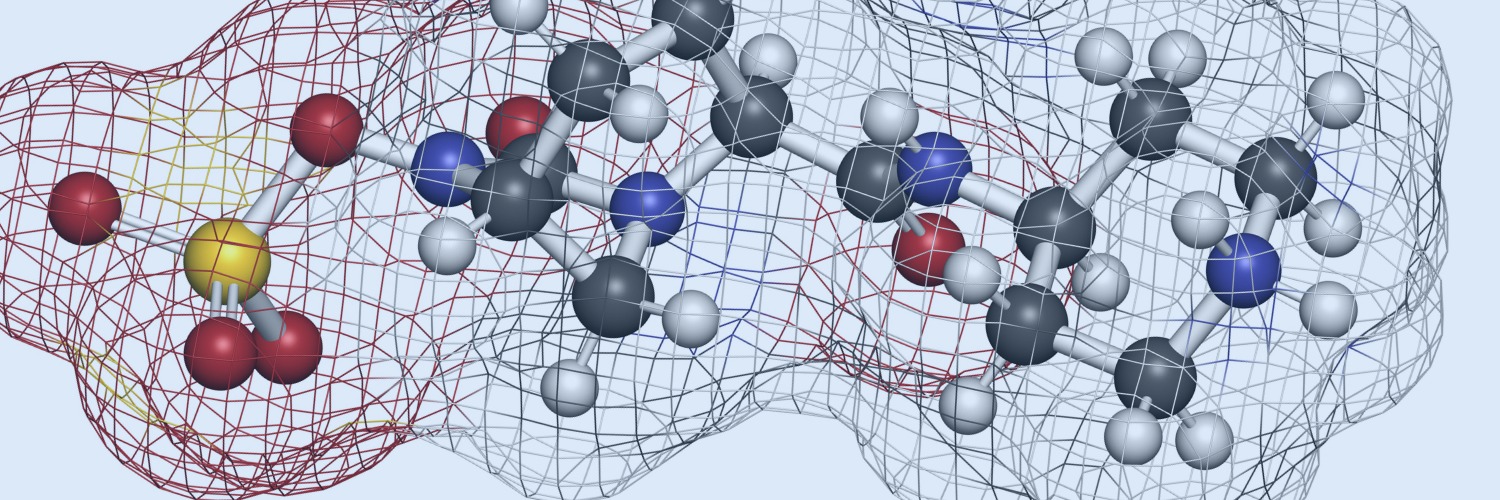Chronic kidney disease (CKD) is associated with a higher risk of atrial fibrillation (AF). The mechanistic link between CKD and AF remains elusive. Interleukin (IL)-1β, a main effector of ‘NLR-family pyrin domain-containing 3’ (NLRP3) inflammasome activation, is a key modulator of conditions associated with inflammation, such as AF and CKD. Circulating IL-1β levels were elevated in CKD-patients with AF vs CKD-patients in sinus rhythm. Moreover, NLRP3-activity was enhanced in atria of CKD-patients. To elucidate the role of NLRP3/IL-1β signaling in the pathogenesis of CKD-induced AF, wildtype (WT) and Nlrp3-/- mice were subjected to a two-stage subtotal nephrectomy protocol to induce CKD. 4-weeks post-surgery, IL-1β levels in serum and atrial tissue were increased in WT-CKD (vs WT-sham) mice. The increased susceptibility to pacing-induced AF and longer AF-duration in WT-CKD mice were associated with electrical remodeling, enlarged atria, and atrial fibrosis. Genetic inhibition of NLRP3 in Nlrp3-/- mice or neutralizing anti-IL-1β antibodies effectively reduced IL-1β-levels, normalized left atrial dimensions, reduced fibrosis and the AF-incidence. These data suggest that CKD creates a substrate for AF development by activating the NLRP3 inflammasome in atria, which is associated with structural and electrical remodeling. Neutralizing IL-1β antibodies may be beneficial for the prevention of CKD-induced AF.















